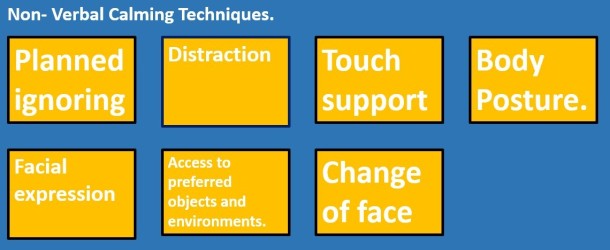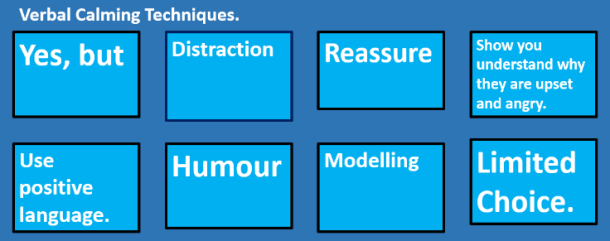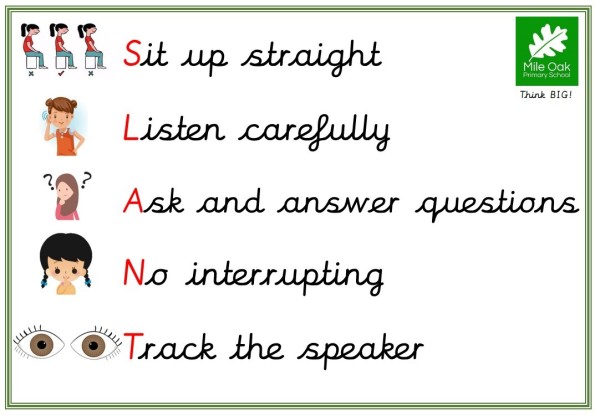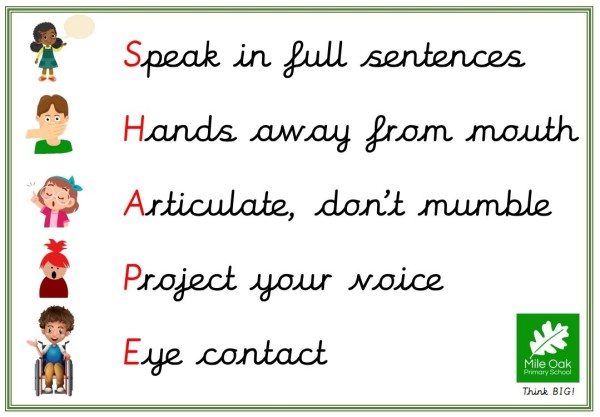Behaviour
"When schools are safe, disciplined and positive environments, teachers can teach and pupils can learn- free from disruption" - School Behaviour Hub
At Mile Oak, we recognise that all behaviour is a form of communication. A child’s behaviour reflects how they are feeling and may be expressed through both positive and negative actions.
These behaviours are often triggered by underlying feelings that stem from deeper needs. For this reason, we place great importance on supporting children to develop the social and emotional language they need to express themselves.
By helping children to communicate their feelings effectively, we can better understand their needs and provide the right support to enable them to self-regulate and thrive in school.
Vision
Our ambition is to create an inclusive school where every child feels a strong sense of belonging. We celebrate diversity and difference as strengths within our modern community.
At Mile Oak, we believe behaviour is not only something to be managed, but also an opportunity to shape positive attitudes and values. We aim for all children to:
- Thrive academically through the development of positive learning behaviours.
- Build social and emotional language to express themselves effectively.
- Learn and use a range of self-regulation strategies to manage their emotions.
- Through a therapeutic approach, we seek to understand the barriers children may face, while empowering them to take responsibility for their choices and find solutions that help them grow.
Our vision is that every child leaves Mile Oak as a confident, resilient learner and a positive contributor to their community.
Our Aims
- To create a calm, positive environment.
- For all children who feel nurtured, respected and listened to.
- For all children to feel they belong.
- For children to have the skills to develop secure friendships with their peers.
- For children to have the social and emotional language to express themselves, their emotions and strategies to self-regulate.
- For children who take a pride in their learning and their school environment.
- For staff to be positive role models to children.
- For staff to have a consistent approach.





